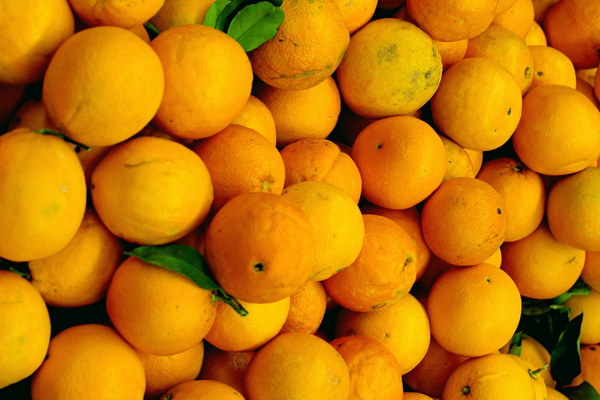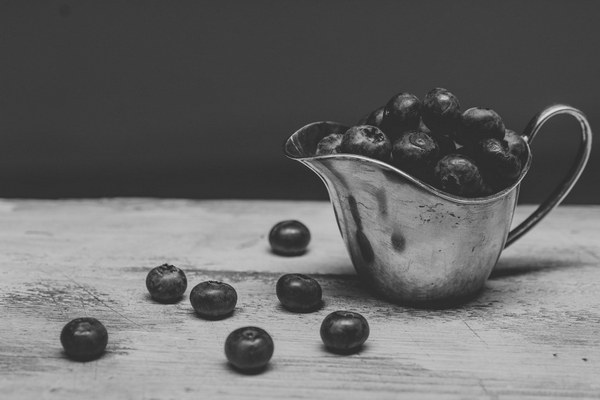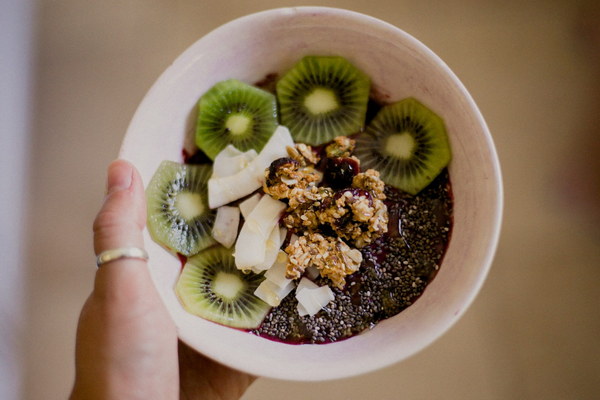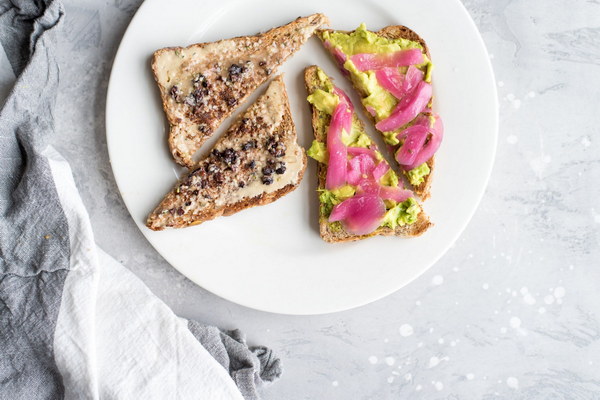Nourishing the Brain A Comprehensive Guide to Dietary Approaches for Brain Arteriovenous Malformations
Brain arteriovenous malformations (AVMs) are complex and potentially life-threatening conditions that affect the brain's blood vessels. While medical treatment is crucial, dietary interventions can play a supportive role in managing AVM symptoms and improving overall health. This article provides a comprehensive guide to dietary approaches for individuals with brain AVMs, focusing on foods that can help nourish the brain and support the body's healing process.
Introduction
Brain AVMs are abnormal tangles of blood vessels that connect arteries and veins in the brain, which can lead to bleeding, seizures, and other neurological symptoms. While there is no specific diet that can cure brain AVMs, certain foods and nutrients can support the body's natural healing process and reduce the risk of complications. This guide aims to provide information on the best dietary approaches for individuals with brain AVMs, with a focus on the following:
1. Nutrient-dense foods

2. Anti-inflammatory foods
3. Foods rich in antioxidants
4. Hydration and dietary fiber
5. Foods to avoid
1. Nutrient-Dense Foods
A diet rich in nutrients is essential for supporting overall health and recovery. Incorporating a variety of nutrient-dense foods into the diet can help ensure that the body receives the necessary vitamins, minerals, and antioxidants. Some examples of nutrient-dense foods include:
- Fruits and vegetables: These provide a wide range of vitamins, minerals, and antioxidants, such as vitamin C, vitamin E, and beta-carotene.
- Whole grains: These are rich in fiber, B vitamins, and other nutrients that support the immune system and overall health.
- Lean proteins: Sources such as fish, poultry, lean beef, and legumes provide essential amino acids, iron, and zinc, which are important for brain function.
- Nuts and seeds: These contain healthy fats, protein, and fiber, as well as vitamins and minerals like magnesium and selenium.
2. Anti-Inflammatory Foods
Inflammation plays a role in the development and progression of brain AVMs. Incorporating anti-inflammatory foods into the diet can help reduce inflammation and support the body's healing process. Some examples of anti-inflammatory foods include:
- Fatty fish: Such as salmon, mackerel, and sardines, which are rich in omega-3 fatty acids.
- Berries: Such as strawberries, blueberries, and raspberries, which are high in antioxidants and anti-inflammatory compounds.
- Leafy greens: Such as spinach, kale, and arugula, which provide a variety of nutrients and antioxidants.
- Olive oil: A healthy fat that contains anti-inflammatory compounds.
3. Foods Rich in Antioxidants
Antioxidants help protect the body from oxidative stress, which can damage cells and contribute to inflammation. Foods rich in antioxidants can support overall health and reduce the risk of complications. Some examples of antioxidant-rich foods include:
- Berries: As mentioned earlier, berries are high in antioxidants.
- Dark chocolate: High in flavonoids, which have anti-inflammatory properties.
- Green tea: Contains catechins, which are antioxidants that can help reduce inflammation.
4. Hydration and Dietary Fiber
Proper hydration and dietary fiber are important for maintaining regular bowel movements and supporting overall health. Staying hydrated can help the body flush out toxins and support the healing process. Some tips for staying hydrated include:
- Drink plenty of water throughout the day.
- Include hydrating foods, such as fruits and vegetables, in your diet.
Dietary fiber helps maintain bowel health and can also help reduce inflammation. Good sources of dietary fiber include:
- Whole grains: Such as whole wheat, brown rice, and oats.
- Legumes: Such as lentils, chickpeas, and black beans.
- Fruits and vegetables: Such as apples, pears, and carrots.
5. Foods to Avoid
Certain foods can exacerbate inflammation, increase the risk of bleeding, or worsen neurological symptoms in individuals with brain AVMs. It's important to avoid or limit the following foods:
- Processed foods: These are high in unhealthy fats, sugars, and salt, which can increase inflammation and contribute to the development of chronic diseases.
- Refined grains: Such as white bread, pasta, and rice, which can cause blood sugar spikes and inflammation.
- High-fat dairy products: Such as cheese, butter, and cream, which can increase the risk of bleeding.
- Caffeine: High amounts of caffeine can exacerbate neurological symptoms and increase blood pressure.
Conclusion
While there is no specific diet that can cure brain AVMs, incorporating a balanced and nutrient-dense diet can support the body's healing process and improve overall health. By focusing on nutrient-dense foods, anti-inflammatory foods, and foods rich in antioxidants, individuals with brain AVMs can take a proactive approach to managing their condition. Remember to consult with a healthcare









